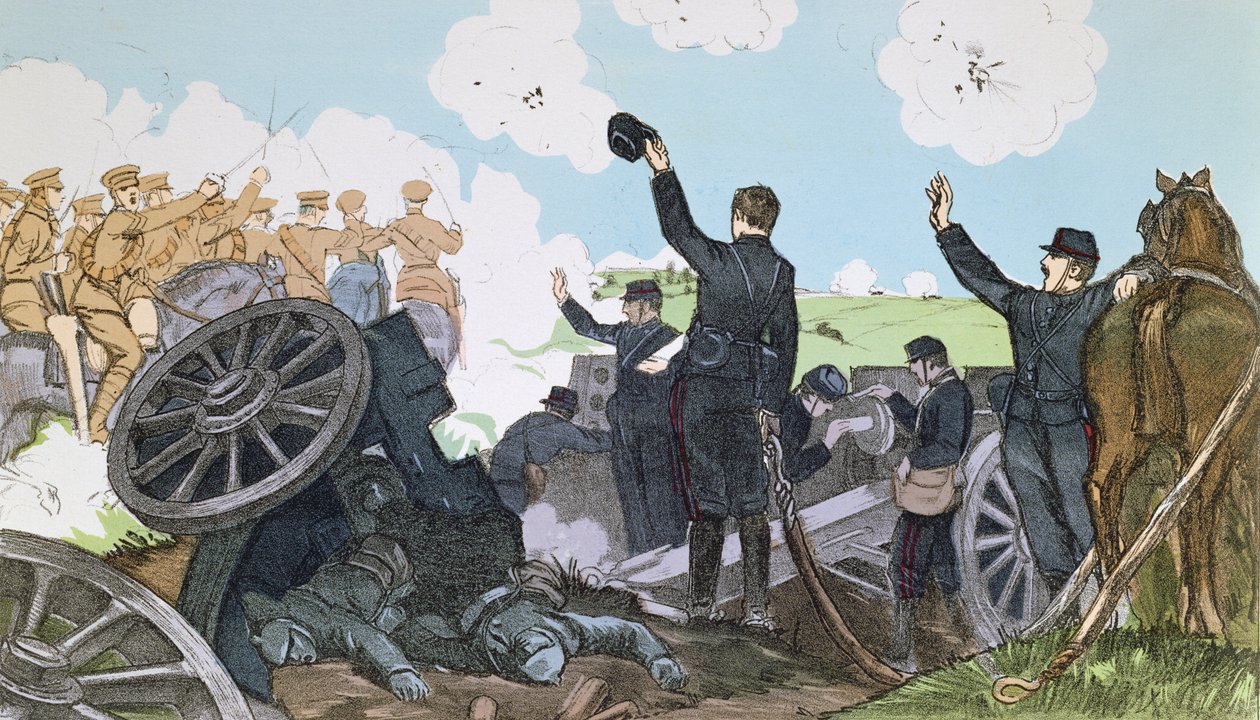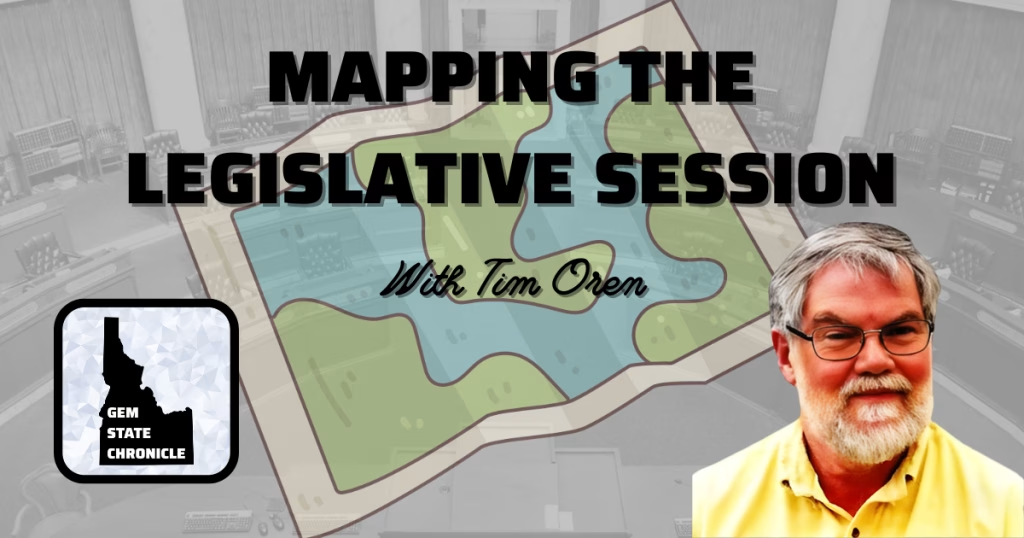The world began falling apart in the summer of 1914. A series of escalations between European powers led to the outbreak of World War I. Germany intended to knock France out of the war quickly by rapidly encircling Paris before France or her ally Britain could fully mobilize.
Despite heroic resistance by the Belgians, the German Army was still advancing toward Paris as September dawned. The battered French Army, on the retreat for weeks, ran out of room, and set up a final line on the Marne River. History hung in the balance—would this be another defeat for France, repeating the Franco-Prussian War of half a century earlier?
On September 6, French commander Joseph Joffre prepared a counter offensive against the Germans at the Marne, but was initially repulsed by German commander Alexander von Kluck. Joffre needed reinforcements to press the attack, and the people of Paris responded, mobilizing hundreds of taxicabs to ferry fresh troops to the line.
When Kluck moved northwest to counter the French attack, it opened a 30-mile gap on his left flank. The British Expeditionary Force stepped into that gap, capturing several bridges on the Marne and establishing a beachhead on the other side. A few days later, the French Army crossed the river as well, and by September 9 the Germans began retreating northward. Both sides would eventually develop lines extending to the English Channel, beginning the four year stalemate of trench warfare that would come to define the Great War.
I often hear political figures using the phrases “hold the line” and “stand in the gap” as metaphors for some political action, so I thought it would be beneficial to think about what those words actually meant. For the people of Paris, holding the line meant the difference between victory and defeat, between sovereignty and German subjugation. When the British Expeditionary Force stood in the gap that day, they undid a thousand years of enmity between the British and French peoples at great cost to themselves.
Holding the line and standing in the gap meant real sacrifice. More than a million British and French soldiers took part in the First Battle of the Marne, with 80,000 Frenchman giving their lives in that single battle alone to defend their homeland.
Holding the line was not a one-time event, but a long and costly endeavor. Once the trenches were in place, both sides attacked and counterattacked over the course of the next four years. It was slaughter of industrial proportions. By the time the Armistice went into effect on November 11, 1918, more than a million French soldiers lay dead. Great Britain had never been directly attacked in the war—her involvement came because of a promise to protect Belgium and France—yet nearly 800,000 Englishmen and colonial soldiers never came home.
We can debate whether or not World War I was just, or worth the cost. Yet we cannot debate the true heroism of those who held the line for their country.
What does holding the line look like in the political realm? Is it giving a speech on the House floor? Voting against a bill that is already guaranteed to pass with a healthy majority? Writing strongly-worded posts on social media?
Or is it doing the work to pass legislation that, although not perfect, still advances conservative principles? Is it working behind the scenes knowing that others will take credit for what you’ve done, and blame you if it goes wrong? Is it taking a hard stand that will bring condemnation from people who once supported you? Is it being stabbed in the back by former friends and allies because you’re doing what you believe is right?
I’m just a guy with a keyboard, the equivalent of a reporter taking notes a safe distance away from the battle. The people who truly deserve honor in the political world are often the ones who don’t want to be noticed, because they’re doing what they do for the right reasons. Those are the ones who are truly holding the line against tyranny and totalitarianism in the Gem State.
Yet like the British soldiers who stood in the gap, like the French taxicab drivers who drove soldiers to the line, there are ample opportunities for you to step up. Defending freedom and liberty means more than just posting on social media—you have to get involved. Attend local meetings. Volunteer to canvass your neighborhood. Get to know your legislators—most of them would be happy to meet you for coffee. Figure out for yourself if they truly hold conservative values, or are just playing a role. Be willing to stand for election yourself, even if it means taking slings and arrows from all sides.
Together we can hold the line against creeping totalitarianism; together we can stand in the gap to defend liberty, the rule of law, and Western Civilization itself. Politics can be a dirty business, but it’s a necessary one, so I urge you to answer the call.
So I sought for a man among them who would make a wall, and stand in the gap before Me on behalf of the land, that I should not destroy it; but I found no one.
Ezekiel 22:30 NKJV
Feature image “Incident during the First Battle of the Marne, 6-13th September, 1914” by the French School.
Gem State Chronicle is a reader-supported publication. To receive new posts and support my work, consider becoming a free or paid subscriber.
About Brian Almon
Brian Almon is the Editor of the Gem State Chronicle. He also serves as Chairman of the District 14 Republican Party and is a trustee of the Eagle Public Library Board. He lives with his wife and five children in Eagle.













